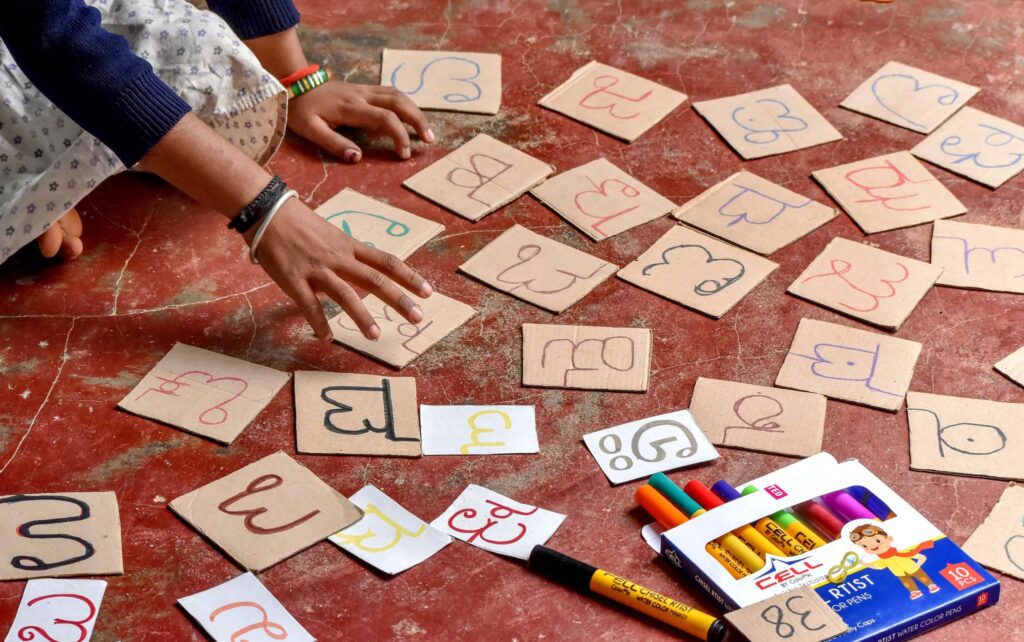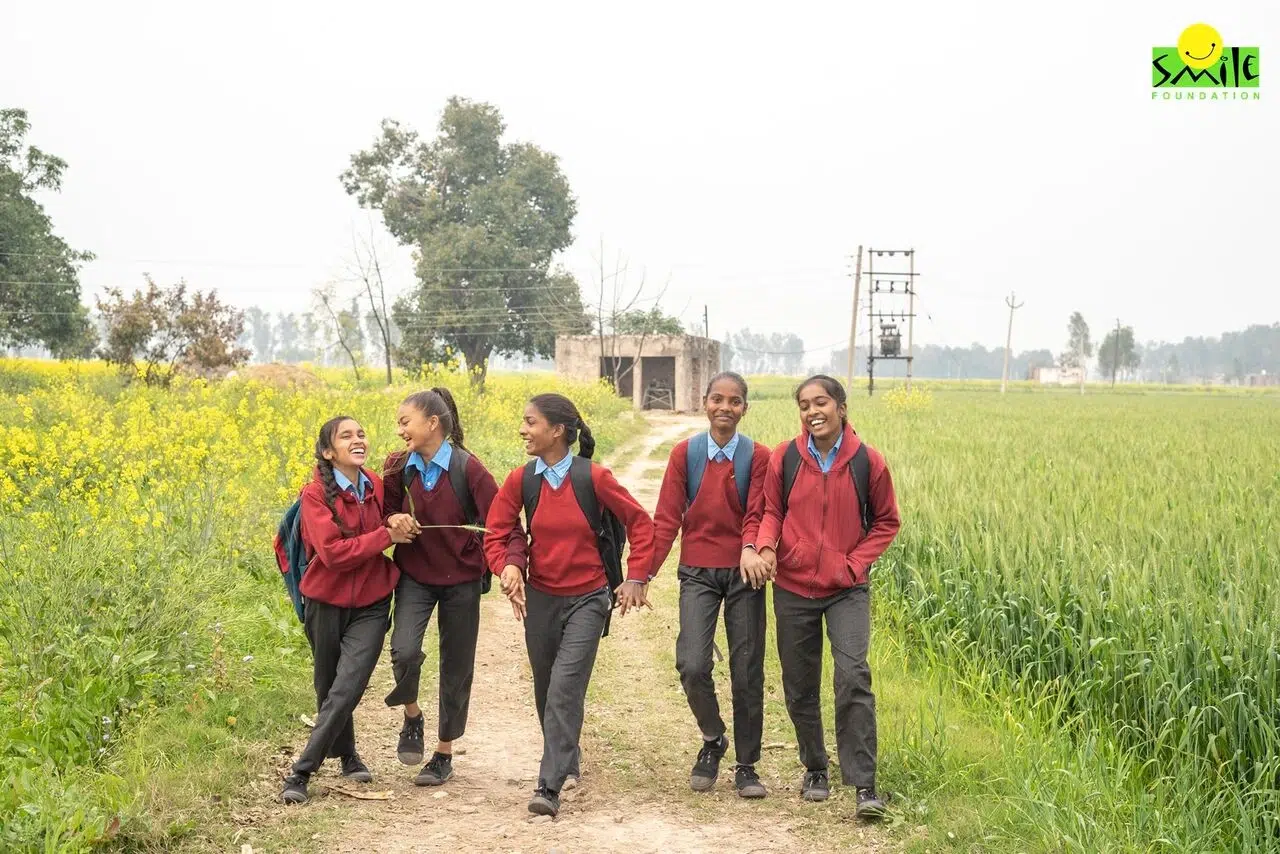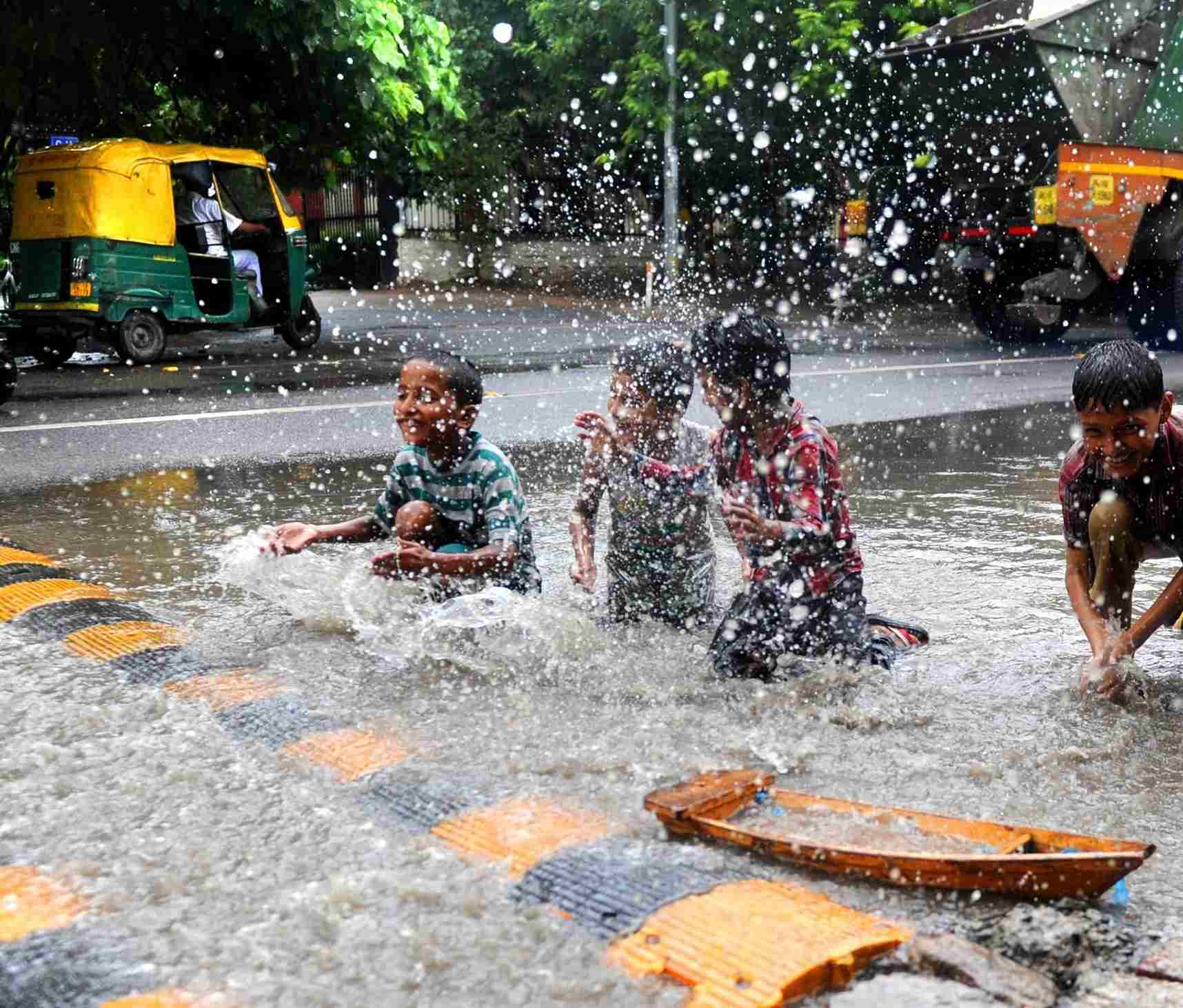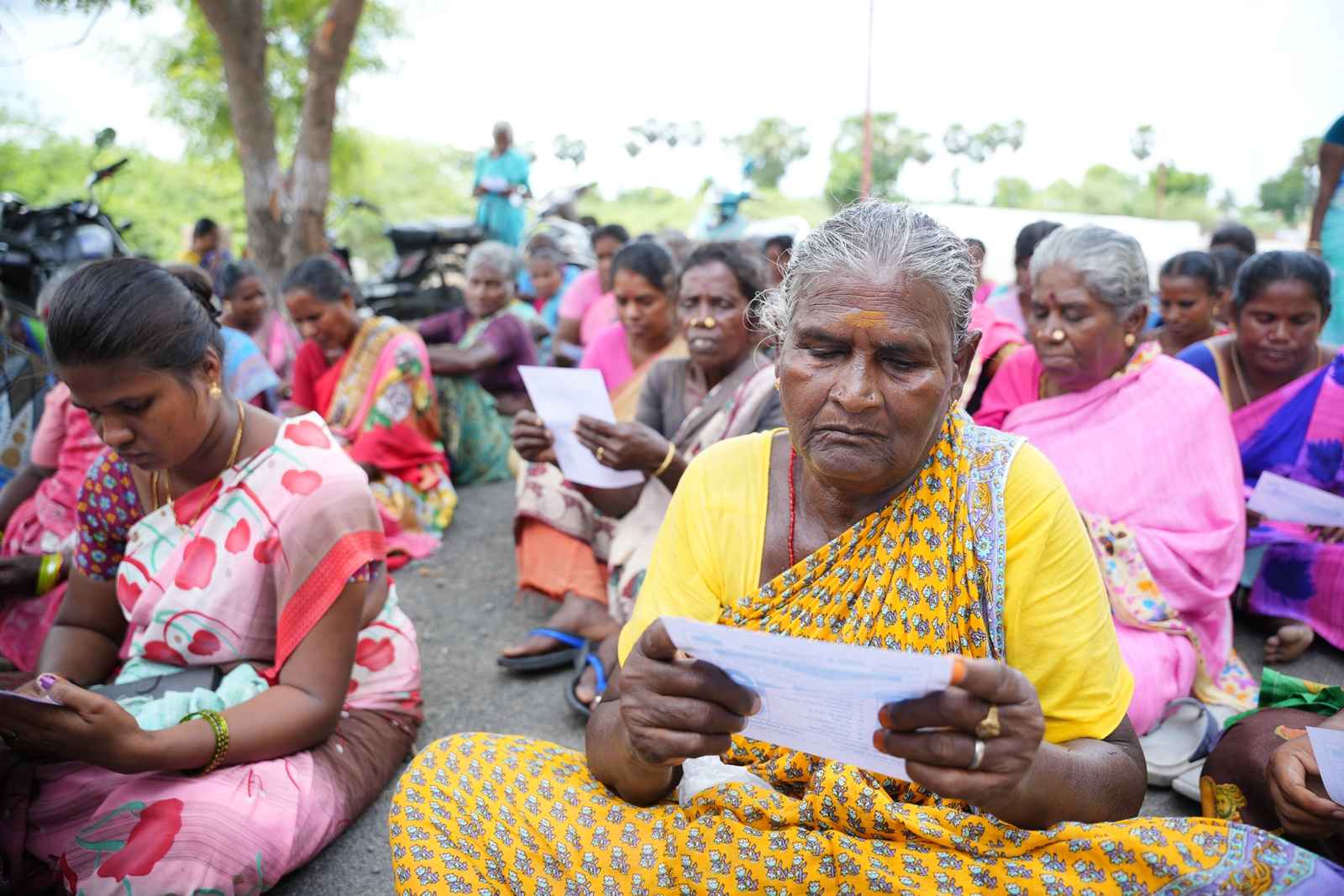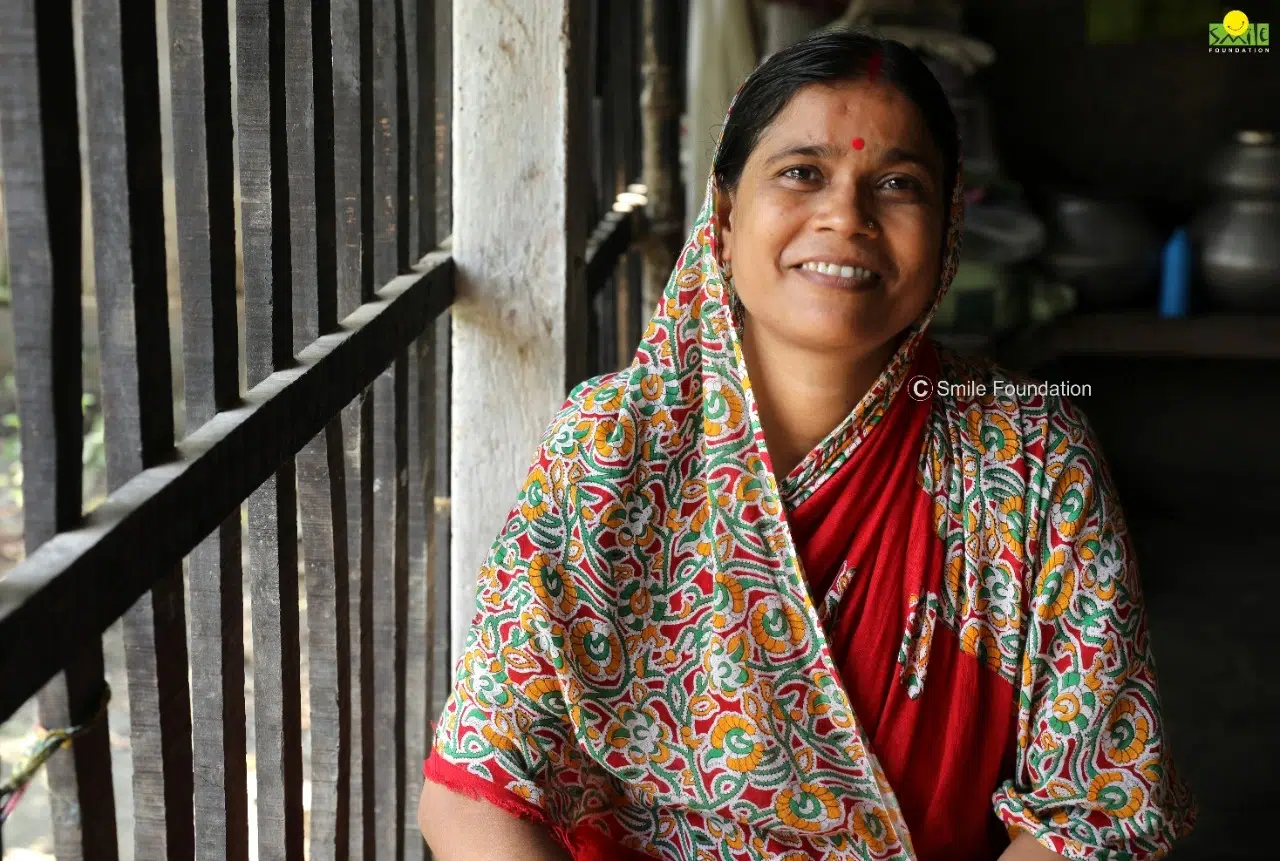The Union Cabinet of India approved the National Education Policy 2020 (NEP 2020) on 29 July 2020. It defines the goal for India’s new education system. The new policy has replaced the 1986 National Policy on Education. In both rural and urban India, the program provides a comprehensive framework for education. This includes basic through higher education as well as vocational training. The initiative seeks to completely restructure India’s educational system by 2040.
When the policy was announced, there was some confusion as to the medium of instruction. The administration confirmed shortly that no one will be forced to study any particular language. Moreover, it will not be necessary to change the medium of teaching from English to any regional language. Rather than strict rules, the NEP suggests guidelines that are advisory in nature. States, organizations, and schools can decide how to implement it.
Origins of the policy
A group led by former Cabinet Secretary T. S. R. Subramanian began the consultation process for the New Education Policy in January 2015. Former ISRO chief, Krishnaswamy Kasturirangan, released a draft NEP in 2019 based on the committee report from June 2017. The Ministry of Human Resource Development later announced the Draft New Education Policy (DNEP) 2019, which was followed by a series of public discussions. The NEP Draft was 484 pages in length. “Over two lakh proposals were received from 2.5 lakh gram panchayats, 6,600 blocks, 6,000 Urban Local Bodies (ULBs), and 676 districts,” according to the Ministry.
Vision of National Education Policy
National Education Policy 2020 envisions an India-centric education system. By delivering high-quality education to all, it contributes directly to our nation’s long-term transformation towards an equal and thriving knowledge society.
The NEP 2020 includes numerous reforms to India’s education policy. It aspires to increase public education spending from around 3% to 6% of GDP as soon as possible.
The policy amplifies the use of native or local languages as a language of instruction until Class 5, with the recommendation that it be maintained until Class 8 and beyond. Sanskrit and foreign languages will be given priority as well. Under the guidelines of the policy, all pupils should learn three languages at school. At least two of the three languages must be Indian native languages. It also stipulates that the pupils will not be forced to learn a language.
When it comes to teachers and teacher education, NEP 2020 proposes a number of policy adjustments. By 2030, a 4-year Bachelor of Education will be the minimum prerequisite for becoming a teacher. In addition, there will be improvements and transparency in the teacher-recruiting process. By 2021, the National Council for Teacher Education will draft a National Curriculum Framework for Teacher Education. And by 2022, the National Council for Teacher Education will draft a National Professional Standards for Teachers. The policy aspires to ensure that all teachers are passionate, motivated, highly qualified, professionally educated, and well-equipped teachers at all levels of schooling.
Latest developments in National Education Policy 2020
On 21 September 2021, the Union Education Ministry formed a 12-member national steering group. This group seeks to establish a new national curriculum framework (NCF) in accordance with NEP 2020. K Kasturirangan, who previously led the NEP 2020 drafting group, is chairing this committee.
Latest reports suggest that a tech platform will also be set up to accept inputs from states at the district and block levels. The suggestions gathered through the platform will be taken into account by the committee for drafting the framework.
The committee will finalise the framework only after the committee takes into account comments from numerous stakeholders. These include states and union territories, the NCERT’s Executive Committee (EC) and General Body (GB), and the Central Advisory Board on Education (CABE). The NCERT Director will work with the committee to finish its module.



